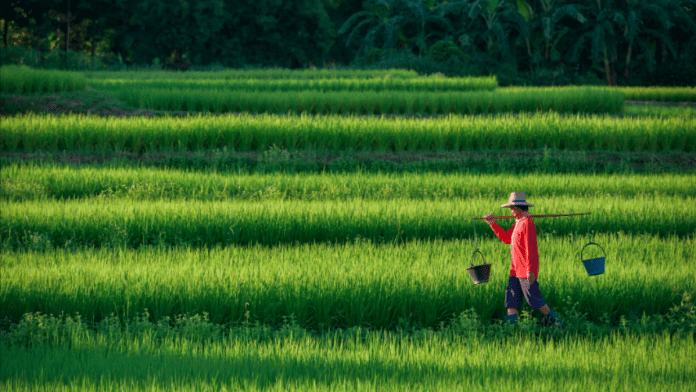News in brief: China is increasing farmland reclamation to enhance local food production, reduce reliance on imports, and achieve self-sufficiency. There are concerns over revoked leases and limited yield improvements on reclaimed land not in use.
Chinese authorities are scaling up the reclamation of farmland in the country in hopes of shoring up local food production, according to a report by the Financial Times. The move, amid global supply chain fears, would also help the country cut its dependence on food imports.
President Xi Jinping told local authorities in 2022 to take “hard measures” to maintain 120 million hectares of cultivated land across the country. He emphasised the need for self-sufficiency as a means to maintain national dignity, and since 2021, the government has reclaimed more than 170,000 hectares.
Increased urbanisation and a boom in manufacturing are factors driving increased food imports into China. In addition, the country’s middle class is growing and has more sophisticated dietary needs that local production can no longer satisfy.
Three-quarters of the soybeans consumed in China come from the United States and Brazil. China imported 7% of its corn in 2022, up from less than 1% a decade ago.
However, reclaiming land is negatively affecting many businesses. Land tenants with signed multi-year leases have seen their contracts revoked in the wake of the country’s land reclamation drive. Meanwhile, experts say they have not yet seen it lead to significantly higher yields, and there are claims that some of the land has been left dormant and overrun by weeds. In response, officials say that land reclamation is more of a statement of intent and should not be judged by output.
Some businesses that have been cleared to make way for farmland have received compensation from the government, but there are claims that the compensation is not enough. Others have questioned the wisdom and profitability of the return to small-holder farming.
The authorities are relying on the reclamation drive to improve the country’s grain self-sufficiency. Analysts have justified the move as a way to protect food security in the country, given rising tensions between the United States and China. Xi Jinping has warned about falling under the control of others if the country cannot “hold its rice bowl steady.” This is similar to Africa’s reliance on foreign food imports and its effect on food security on the continent.
Some provinces in China have set annual output targets. For example, Chengdu aims to produce an additional 96,000 tons of rice, corn, and soybeans by 2026. This represents 4% of its grain production in 2022. However, officials lament the shortage of younger workers who prefer to work in factories for higher pay.



